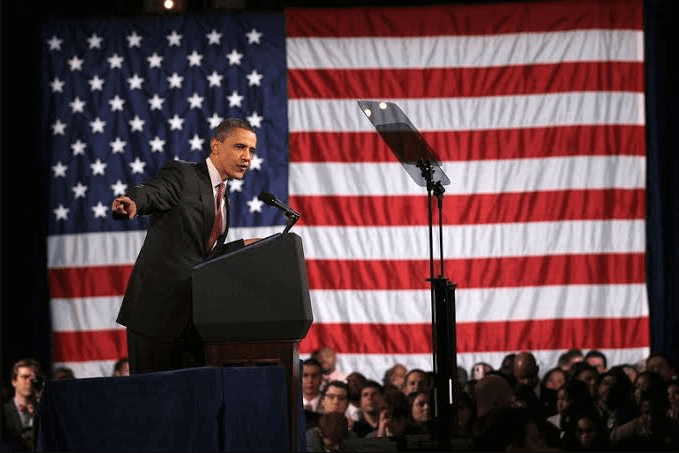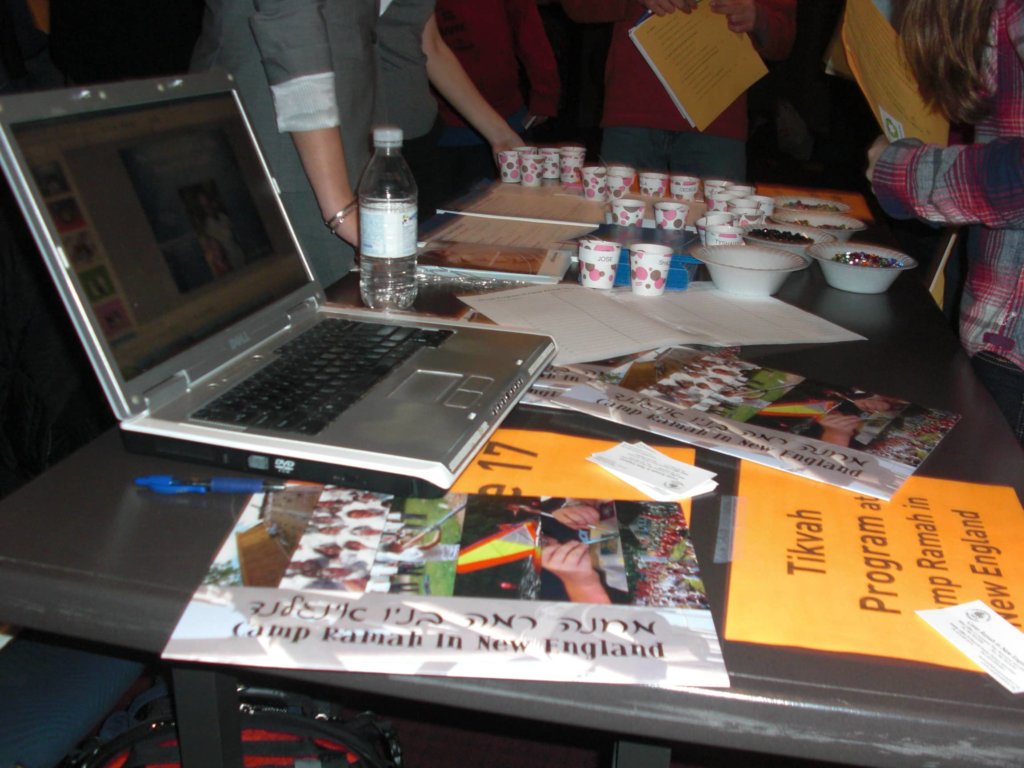As the “State of The Union” Address draws to a close, I feel compelled to answer this burning question: Did Eric Levine meet Barack Obama? Odds makers in DC and on the entire east coast were betting that, if anyone from the Tikvah delegation would meet the President, it would be Eric! In fact, even Eric’s dad took him aside in the Penn Station Amtrak waiting area to say, “Eric, if you meet Obama, PLEASE remember to call him President Obama!”
As Josh noted in his blog post, a very large delegation of voc ed and post voc ed program members arrived in Washington, DC for a special Shabbaton/Reunion at Congregation Ohr Kodesh in Chevy Chase, MD. Our Kayitz, 2009 voc ed advisors, Chana Fuld, Marcia Glickman and Anna Elfenbaum, and DC residents and friends of Tikvah, Marc Israel, Rachel Braun, Leslie Gilman and Elizabeth Chipkin (as well as Gilman and Braun husbands and a Braun daughter!) worked tirelessly to plan the first Shabbaton of its kind. Hats off to members of Ohr Kodesh, Rabbi Lyle Fishman and our Tikvah Parents (and many friends of Tikvah) for making the weekend a huge success.
Imagine the scene on Friday morning, January 15th: Judith Simons meets four members of the Tikvah delegation?Max, Melissa, Jacob and Adam–at Bradley Airport and flies in to BWI airport. Isaac also flies in to DC—from Louisville, KY. Anna Elfenbaum drives Sophie and Jeremy from Hartford to New Haven, where Benji meets them at Union Station and hops on the Amtrak train, bound for New York City?where Howard, Elisheva, Eric, Jason, Avi, Jakie, and Ortal join them?in the 2nd car from the end. We call Marcia, Noah and Sam, the Philadelphia crew, and tell them in which car to meet us! We all talk up a storm, all the way to Union Station in Washington, DC, where we are met by Chana who had Metro Cards for all. After a brief ride on the Metro, we are greeted by our drivers, Rachel and Marc, who drive us to Ohr Kodesh for the official kick off of the Shabbaton. Sound tiring? The Shabbaton has just begun!
Our host families meet us at the shul, we quickly shower and enjoy an amazing Kabbalat Shabbat, dinner and oneg at Ohr Kodesh. The rest off Shabbat was amazing–Tikvah davening, joining the shul at the end of services (Avi lead Kiddush and I was invited to say a few words from the bimah about Tikvah!), a walk to a nearby park to see horses and play on the playground, a visit to the Israel Family home, and… the visit to the White House!
Four very special White House staffers were kind enough to donate their time for a very special, one of a kind, tour of the West Wing. We rushed out of the shul the minute havdalah ended. Don’t want to be late for the White House! Passports in hand, we clear our final security check. Since President Obama decided to take Michele out to a very special DC area organic veggie restaurant just as we were arriving, we were treated to an up close look at the presidential motorcade.
But, sadly, the President chose Michele over Eric! We did not get to actually chill with the President! We did, however, get to see the Oval Office, the Roosevelt Room, the Cabinet meeting room and pretend we were giving a press conference (see the photos in Josh’s blog). And, we did get to have an ice cream party back at Ohr Kodesh. Sorry Mr. President?maybe you’ll get to meet Eric and join us for ice cream next year!






